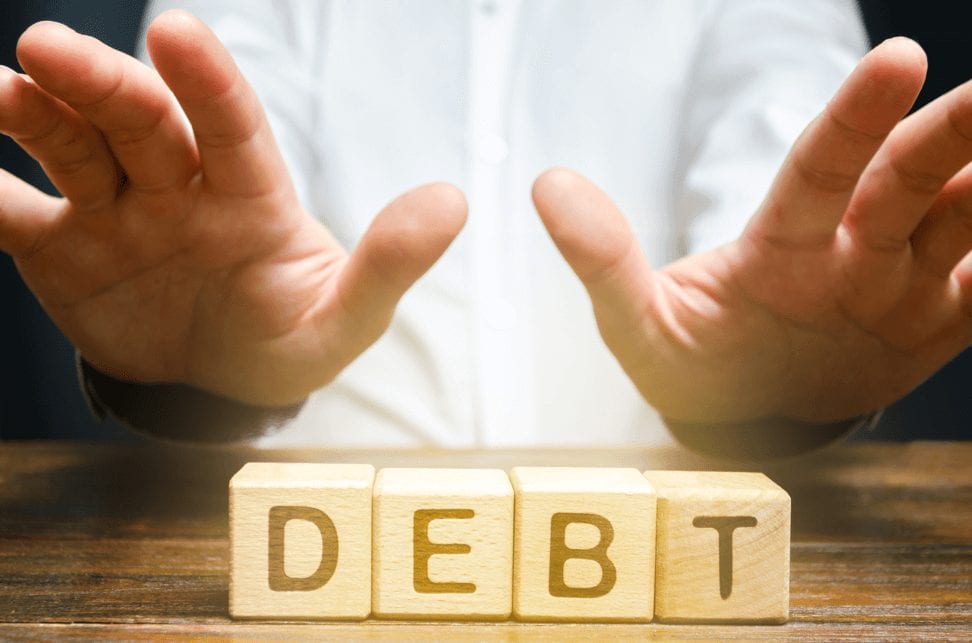When you file for bankruptcy, it can remain on your credit report for up to 10 years. You may wonder what good discharging your debt has done. However, it’s possible to start rebuilding your credit soon after your bankruptcy filing.
In fact, lenders can look upon your lighter debt burden favorably. There’s also no possibility of filing for bankruptcy again to eliminate new debt, as you must wait eight years to file again. To start rebuilding your credit score now:
Create a Budget
Use what you’ve learned from pre-discharge credit counseling as guidance for budgeting. A credit counseling agency is also a good place to seek help; many agencies offer budgeting help to consumers at no cost. Also, consider setting up an emergency fund. Just a few hundred dollars can avoid building up credit card balances.
Assess Your Credit Situation
Review your credit reports. Negative information is bad enough; inaccurate negative details can hurt you even more, so dispute any errors you find with the credit bureaus. This can make it easier to rebuild your credit. Keep in mind late payments and debts will remain on your report even after filing for bankruptcy.
Also, track your credit score from month to month. It’s often available for free from credit card issuers and other resources. Pick one score to track so you get useful information every time. Your credit score may start climbing a year after filing for bankruptcy, especially if you take steps to rebuild your credit.
Find Suitable Credit Products
Although lenders will see you as a risky borrower, there are options to improve your financial profile and ultimately your credit score. These include:
- Secured credit cards: These require an upfront deposit, protecting the lender in case you default on payments, which is often equal to the credit limit.
- Retail cards: Often have looser requirements compared to unsecured credit cards, but many have higher interest rates and exorbitant penalty fees.
Owning these types of cards comes with responsibility. Be sure to make payments on-time, don’t use more credit than necessary, and keep the balance low. Balance alerts are great reminders to pay, while automatic payments can avoid missing due dates if you’re prone to forgetting them.
- Secured Loan: By taking a secured loan from a credit union or community bank, you can borrow against money you’ve deposited. These funds won’t be accessible while you’re paying the principle. A different type of secured loan doesn’t require cash up-front, but the cash on loan is placed in a savings account and available only after required payments have been made.
A secured loan is useful because financial institutions will inform the credit bureaus of your payment history, so a paper-trail of on-time payments can boost your credit score.
Get a Co-Signer on a Credit Card or Loan
Having a family member or friend co-sign on a card or loan can boost your credit score. A co-signer must have a good credit history. If you fail to pay your debt, the co-signer will be required to pay the full amount, possibly limiting their personal borrowing capacity. You can also ask to be an authorized user on their card; this has less impact on credit scores, but creditors can report authorized users’ payment activity to credit bureaus, which can help if you’re responsible.
If you’d like more assistance on rebuilding your credit or are considering filing for bankruptcy, contact the bankruptcy attorneys in Los Angeles at OakTree Law by calling 562-219-2979 or requesting a free evaluation today.








